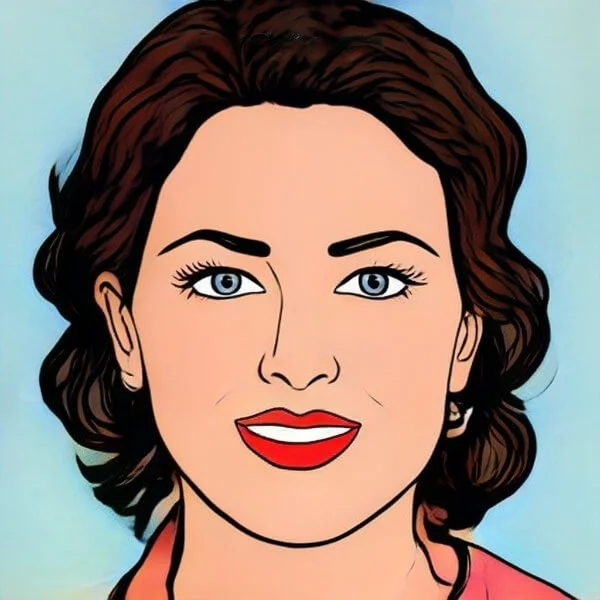A person living with Alzheimer’s may develop other medical problems as the condition progresses, partly as an effect of the condition itself and partly due to advancing age. The chief symptoms of Alzheimer’s—memory loss and confusion—can worsen with these additional health issues, leading to further behavioral changes in the elderly. Many times these changes can be overlooked by the primary caregiver if they are not aware of the underlying medical problem aggravating the symptoms.
Alzheimer’s caregiving can be immensely challenging—more intensive care may be needed as the condition advances. Some common medical problems to affect seniors with Alzheimer’s are as follows:

Incontinence
Incontinence refers to the loss of control over one’s bladder or bowels, that is, losing control over passing urine or stool. Signs include urine leakage, trouble emptying the bladder completely and, more visibly, soiled clothing and linen. This problem is generally encountered in the later stages of Alzheimer’s.
Caregivers should not assume that this is part-and-parcel of old age and should inform the person’s doctor as soon as possible, who will identify the underlying cause and try and treat the condition.
Oral health problems
Aging persons need additional oral care as Alzheimer’s progresses. Regular inspection of the mouth to spot tooth decay, any sores caused by dentures, food particles stuck in corners of the mouth and ulcers and lumps is extremely important, as are regular visits to the dentist.
Often persons with Alzheimer’s are unable to tell that they have dental or other pain; thus the caregiver needs to observe them closely to make out if they are in pain.
Pneumonia
Persons with Alzheimer’s disease are more prone to catching pneumonia or flu. Symptoms include fever, body ache, vomiting, chills, cough and breathing trouble. Pneumonia vaccination and yearly flu shots are a must for seniors over 60 as they significantly reduce the risk of these illnesses.
Dehydration
Seniors with Alzheimer’s or other medical condition are at risk of dehydration as they may not be able to consume adequate quantities of water or fluid on their own. Caregivers can check for dehydration by looking for symptoms such as dry mouth, rapid pulse rate and lightheadedness.
Injury from falls
Persons with advanced Alzheimer’s disease may have trouble keeping balance when standing up or walking, in addition to visuospatial problems (difficulty identifying objects and processing difference between objects). This increases the risk of accidents and falls, particularly during times when the elder is alone.
Caring for elderly Alzheimer’s patients
Geriatric care providers such as Eagle-based Life Changes Elder Care are offering comprehensive elder care solutions for seniors living with Alzheimer’s or other sensory condition or physical disability. According to their website, nearly 40% of the U.S. elderly population lives with some form of disability. Often the family caregiver ends up physically and mentally exhausted while dealing with the challenges of elder care alongside their other responsibilities. Professional care providers for aging adults help ease some of this burden through customized geriatric care solutions for at-home care, outdoor assistance, and specific task-based and condition-based care.

Nancy Bonney is a health blogger and the founder of her own blog about fitness. She has been blogging for three years now and loves to share what she learns with others. Nancy enjoys reading, cooking, and staying active outdoors.



